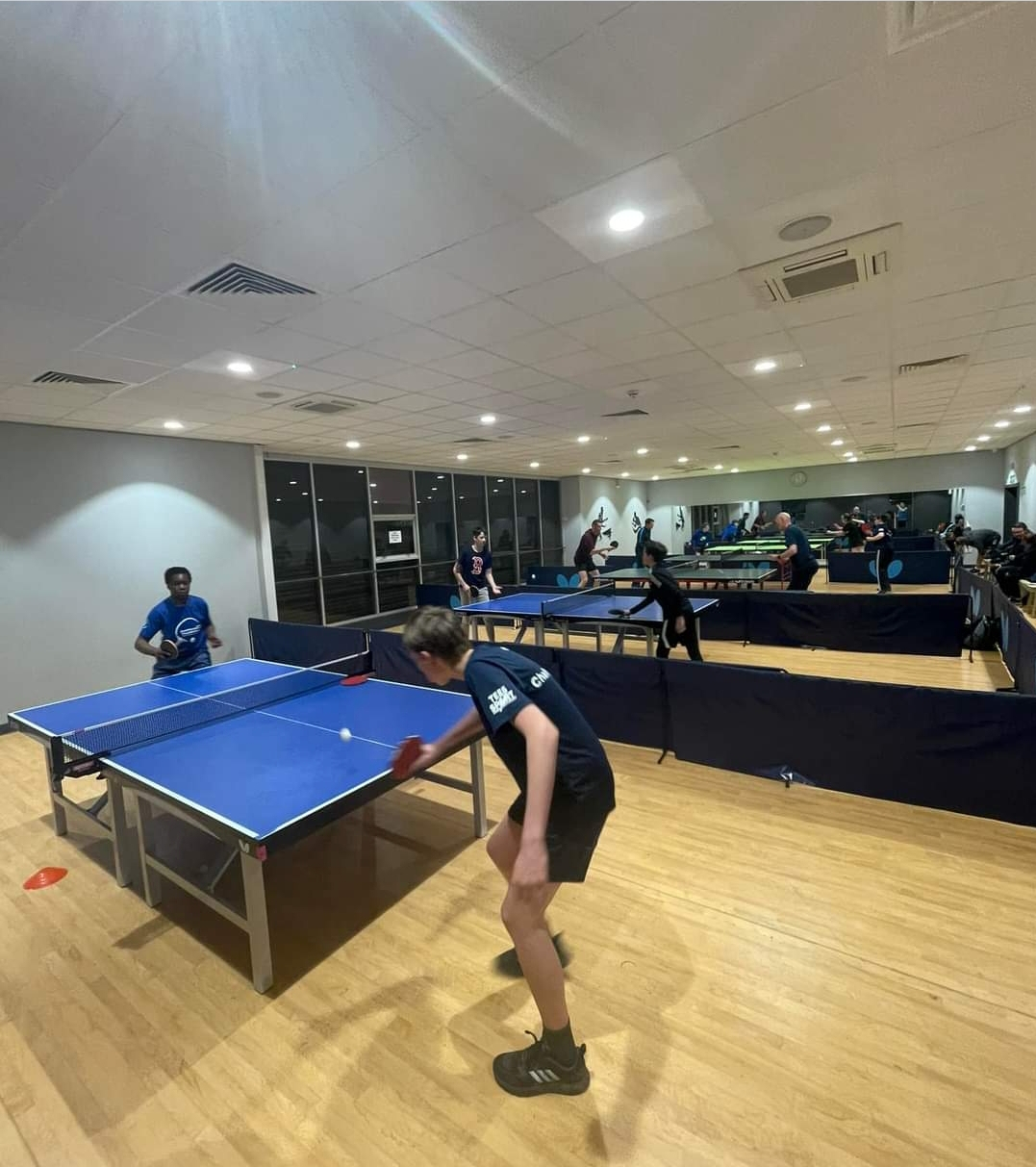The Bench Team Chronicle
Insightful news and updates from the world of sports and teamwork.
Ping Pong Prowess: The Secret Lives of Table Tennis Champions
Discover the untold stories and strategies of table tennis champions. Unleash your inner pro with Ping Pong Prowess!
Unveiling the Training Regimens of Elite Table Tennis Players
Elite table tennis players employ rigorous and meticulously structured training regimens to hone their skills and enhance their performance on the international stage. These training programs typically incorporate a blend of technical drills, physical conditioning, and mental preparation. Players often start their day with multi-ball drills, focusing on rapid-fire responses and precision shots, allowing them to simulate match conditions effectively. Following this, strength and conditioning workouts are essential; players often engage in a combination of cardiovascular exercises and strength training, aiming to improve their agility, speed, and endurance.
In addition to physical training, elite players dedicate time to developing their mental game. Techniques such as visualization, meditation, and tactical analysis play a crucial role in their routine. Many top athletes watch recordings of their matches to pinpoint areas for improvement, ensuring they maintain a competitive edge. Participation in regular competitions also allows players to test their skills against various opponents and adapt their strategies accordingly. Consequently, the comprehensive nature of these training regimens not only elevates their gameplay but also ensures they're consistently among the best in the world.

The Psychology Behind Winning: mental strategies of Table Tennis Champions
The world of table tennis is not just about physical skill; it is also deeply rooted in the psychology of winning. Champions understand that mental resilience can be a game-changer. One critical aspect is the ability to maintain focus under pressure. During high-stakes matches, players rely on techniques like visualization and positive self-talk to quell anxiety and enhance performance. For example, many top players visualize their shots and the trajectory of the ball, which helps them stay in the moment and increase their confidence during critical rallies.
Another important mental strategy employed by table tennis champions is the concept of growth mindset. Rather than viewing losses as failures, these athletes see them as opportunities for growth and improvement. This mindset encourages them to analyze their performance critically, learn from mistakes, and adapt their strategies in future matches. Additionally, champions often engage in mindfulness practices, which help them manage stress and cultivate a sense of calmness. By integrating these psychological strategies, table tennis champions not only enhance their performance but also develop a winning mentality that sets them apart from their competition.
What Makes a Table Tennis Champion? Insights from the Top Players
The journey to becoming a table tennis champion is marked by relentless dedication and a unique set of skills. Top players often cite three key attributes that set them apart: technical proficiency, mental resilience, and strategic thinking. Technical proficiency is developed through years of practice, focusing on mastering various strokes, serves, and footwork. Meanwhile, mental resilience allows these athletes to maintain focus and composure during high-pressure matches, enabling them to perform at their best when it matters most. Lastly, strategic thinking involves analyzing opponents' weaknesses and adapting tactics on the fly, which can often be the difference between victory and defeat.
Moreover, training routines play a crucial role in shaping a table tennis champion. It is not just about physical conditioning; champions engage in a holistic approach that includes mental exercises, nutrition, and recovery practices. For instance, visualization techniques help players prepare mentally for competitive matches, while. Strength and agility training enhance their physical capabilities on the court. By combining these elements, aspiring champions can build a strong foundation that supports their pursuit of excellence in the increasingly competitive landscape of table tennis.